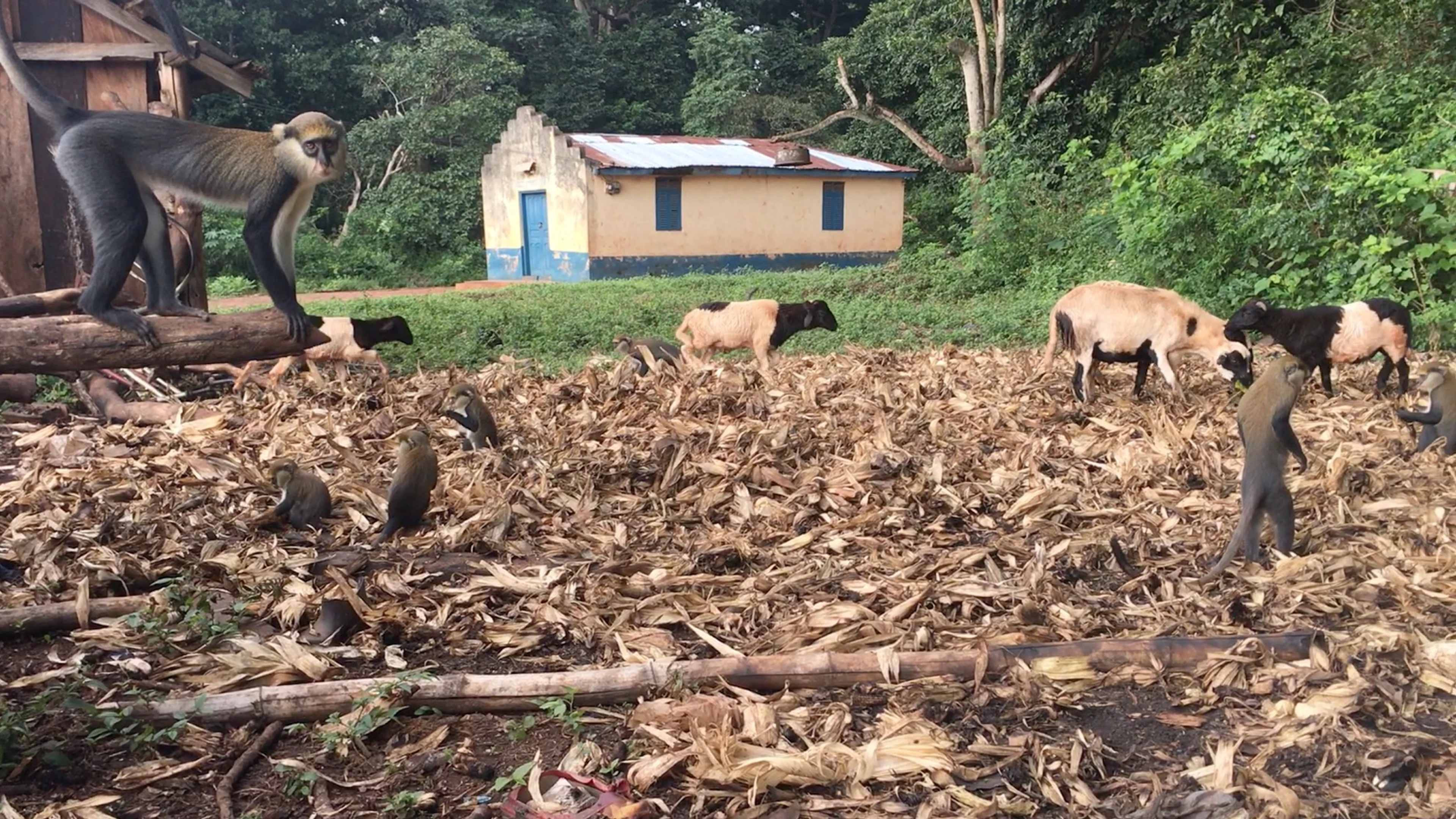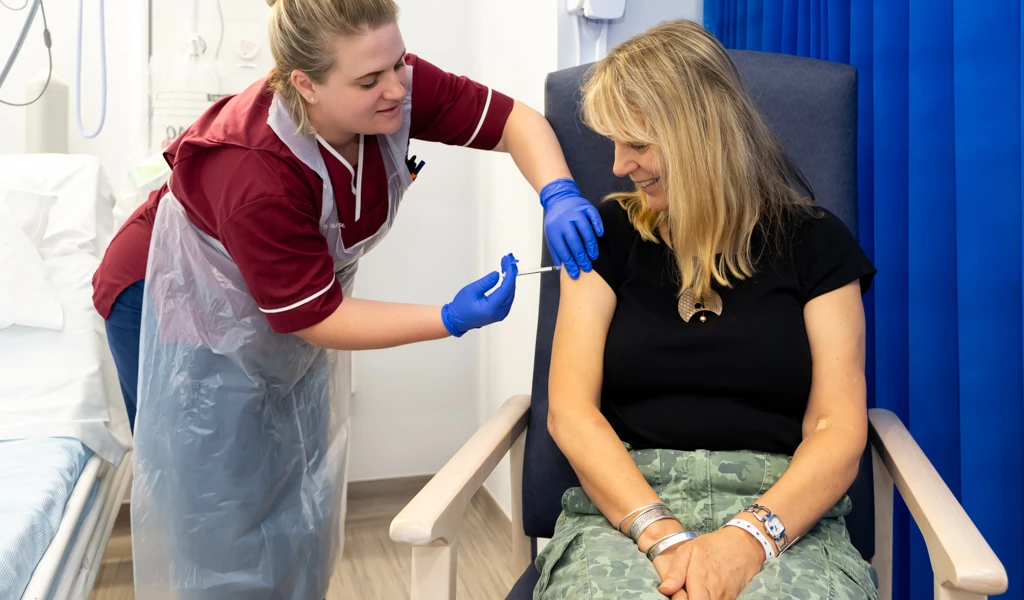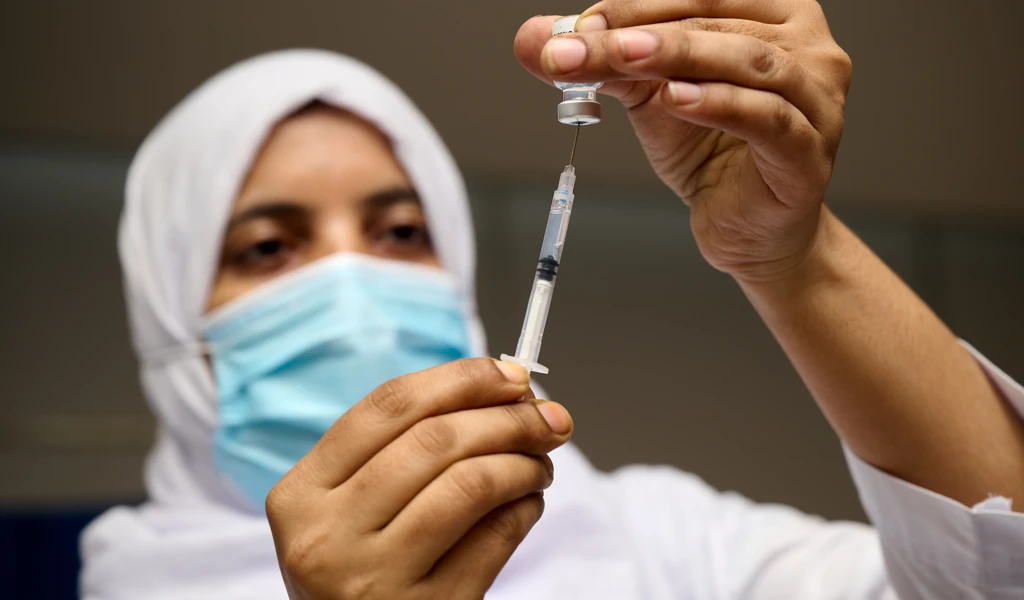From SpillOver to Disease X: new AI collaboration aims to rank viral families with greatest pandemic threat

- CEPI teams up with UC Davis to expand "SpillOver" database to identify virus families most likely to emerge as the next Disease X with pandemic potential.
- CEPI to provide US$1.76 million to support application of artificial intelligence in expanding the database to include new risk factors and zoonotic viruses.
- New data will help scientists identify viral families most likely to jump from animals to people and single out those most likely to cause human disease.
- CEPI aims to use these data to prioritise its investments in vaccine library and Disease X R&D programmes, helping to further compress vaccine development timelines.
November 9, 2022; OSLO: CEPI, the Coalition for Epidemic Preparedness Innovations, and University of California, Davis today announced a new partnership agreement to advance and expand the application of "SpillOver", a viral ranking app that directly compares the risks posed by hundreds of animal and human viruses. The database ranks hundreds of virus, host, and environmental risk factors to identify viruses with the highest risk of zoonotic spillover from wildlife to humans and to highlight those most likely to spread and cause human outbreaks.
CEPI will provide up to US$1.76 million in funding to take the "SpillOver" app to the next level, identifying and expanding its database to include new risk factors for disease spillover, like viruses that infect domesticated animals and viruses harboured by reptiles and amphibians. Researchers at the UC Davis One Health Institute will also pioneer a new system, using artificial intelligence, which is capable of parsing multiple sources in search of these viral data, to enable automated updates.
CEPI's plan is to help the world construct a library of vaccines that are ready to be adapted against the next Disease X, within 100 days of its identification. Our partnership with UC Davis will help us home in on those viral families that not only pose the greatest risk of spillover but are also most likely to spread between people and cause disease and death.
Ranking viral risk
UC Davis researchers developed the SpillOver platform, an open database, using data from 509,721 samples taken from 74,635 animals in 28 countries and public records as part of a virus discovery project. These data were then used to rank the spillover potential (ie, the risk of a virus jumping from animals to people) of 887 wildlife viruses.
Their most recent findings—based on over 30 risk factors—show Lassa virus ranking as the highest risk pathogen after SARS-CoV-2. There are no licenced vaccines or treatments for Lassa fever, but CEPI is supporting the development of six Lassa vaccine candidates and is support the largest ever study, the Enable study, to assess the epidemiology and burden of disease in West Africa.
"Together we will use cutting-edge methods to dramatically increase the amount of virus data available for risk ranking. This is a critical step forward in streamlining vaccine pipelines with the power to revolutionize epidemic and pandemic preparedness."
Creating a "vaccine library" ready to use against Disease X
It is possible to develop prototype vaccines against different virus families that infect humans. These prototype vaccines can be based on rapid response platforms, such as mRNA, which can be adapted in a matter of weeks once a new virus has been identified.
CEPI aims to build a ‘library' of vaccine candidates that are ready to be pulled off the shelf and swiftly adapted the next time a Disease X emerges. That way, valuable time is not lost developing new vaccines from scratch when a new virus threatens.
Most recently, CEPI partnered with SK bioscience—in a deal worth up to $140 million—to expand the use of mRNA vaccine technology and apply this platform to help create prototype vaccines for the library that could be used against a Disease X that might emerge from high risk virus families.
CEPI's efforts to help the world develop such a vaccine library, including rapid response technologies, form part of its $3.5 billion plan to compress vaccine development timelines to 100 days—a plan CEPI refers to as the 100 Days Mission, which is supported by leaders of the G7 and G20.
Dr Melanie Saville, Executive Director of Vaccine R&D at CEPI said: "Most viruses that cause disease in people are descended from one of around 25 viral families. For example, the virus that causes COVID-19 is from the coronavirus family. There are viruses out there that we don't yet know about, also known as Disease X, but which are likely to come from one of these 25 or so viral families.
CEPI's plan is to help the world construct a library of vaccines that are ready to be adapted against the next Disease X, within 100 days of its identification. Our partnership with UC Davis will help us home in on those viral families that not only pose the greatest risk of spillover but are also most likely to spread between people and cause disease and death.
More than ever, our globally connected world has made us vulnerable to the rapid spread of new zoonoses and the emergence of another pandemic disease is just a matter of time. This risk is further heightened by our warming climate, which is expanding the range of disease-carrying insects, birds, and other animals and increasing their interaction with human populations.
The data we hope to gather from the SpillOver programme will allow us and our R&D partners to align and prioritise our investments, maximise the impact of our funding, and help the world stop the next pandemic before it starts."
Jonna Mazet, principal investigator and distinguished professor of epidemiology and disease ecology at UC Davis said: "UC Davis is thrilled to be working with CEPI to help create a healthier future for us all, especially those who are most vulnerable to emerging health threats and often cannot get access to high-quality vaccines. We are honored to be partnering with the world's leading vaccine development team to help mitigate the impacts from Disease X. Together we will use cutting-edge methods to dramatically increase the amount of virus data available for risk ranking. This is a critical step forward in streamlining vaccine pipelines with the power to revolutionize epidemic and pandemic preparedness."
Image credit: Terra Kelly, UC Davis.
—ENDS—
About CEPI
CEPI is an innovative partnership between public, private, philanthropic, and civil organizations, launched in 2017, to develop vaccines against future epidemics. Its mission is to accelerate the development of vaccines and other biologic countermeasures against epidemic and pandemic threats so they can be accessible to all people in need.
Prior to COVID-19, CEPI's work focused on developing vaccines against Ebola virus, Lassa virus, Middle East Respiratory Syndrome coronavirus, Nipah virus, Rift Valley Fever virus and Chikungunya virus — it has over 20 vaccine candidates against these pathogens in development. CEPI has also invested in new platform technologies for rapid vaccine development against unknown pathogens (Disease X).
CEPI has played a central role in the global response to COVID-19, supporting the development of the world's largest portfolio of vaccines against SARS-CoV-2 and its variants with a focus on speed, scale and access, as well as co-leading COVAX, the global initiative to deliver fair and equitable access to COVID-19 vaccines. CEPI is also the world's leading funder of R&D for broadly protective coronavirus vaccines which could protect against future variants of COVID-19 as well as other coronaviruses with epidemic and pandemic potential.
CEPI has embarked upon an ambitious US$3.5bn five-year plan — called CEPI 2.0 - to dramatically reduce or even eliminate the future risk of pandemics and epidemics. Central to the plan is CEPI's goal — supported by the G7 and G20 - to compress the time taken to develop safe, effective, globally accessible vaccines against new threats to just 100 days. Achieving this ‘100 Days Mission' would give the world a fighting chance of containing a future outbreak before it spreads to become a global pandemic. Read the plan at endpandemics.cepi.net/
About the UC Davis One Health Institute
The One Health Institute at UC Davis is active all over the world, working at the interface of animals, people, plants and the environment to solve complex problems that impact health and conservation. The Institute grew out of the UC Davis School of Veterinary Medicine's deep commitment to the One Health approach and is home to the well-established Karen C. Drayer Wildlife Health Center. The One Health Institute is home to many Centers, programs, projects and initiatives within the School of Veterinary Medicine and beyond. Our scientists and educators are working throughout the UC Davis campus, the UC system, state and federal agencies, and globally to advance the health of animals, people, plants and the environment. The One Health approach addresses complex health problems on a platform that recognizes that the health of domestic animals, wildlife, and people are inextricably linked with each other and the environment.
Media
CEPI
E: [email protected]
T: +44 7387 055214
UC Davis
Kat Kerlin, UC Davis News and Media Relations
E: [email protected]
T: +1 530-750-9195


